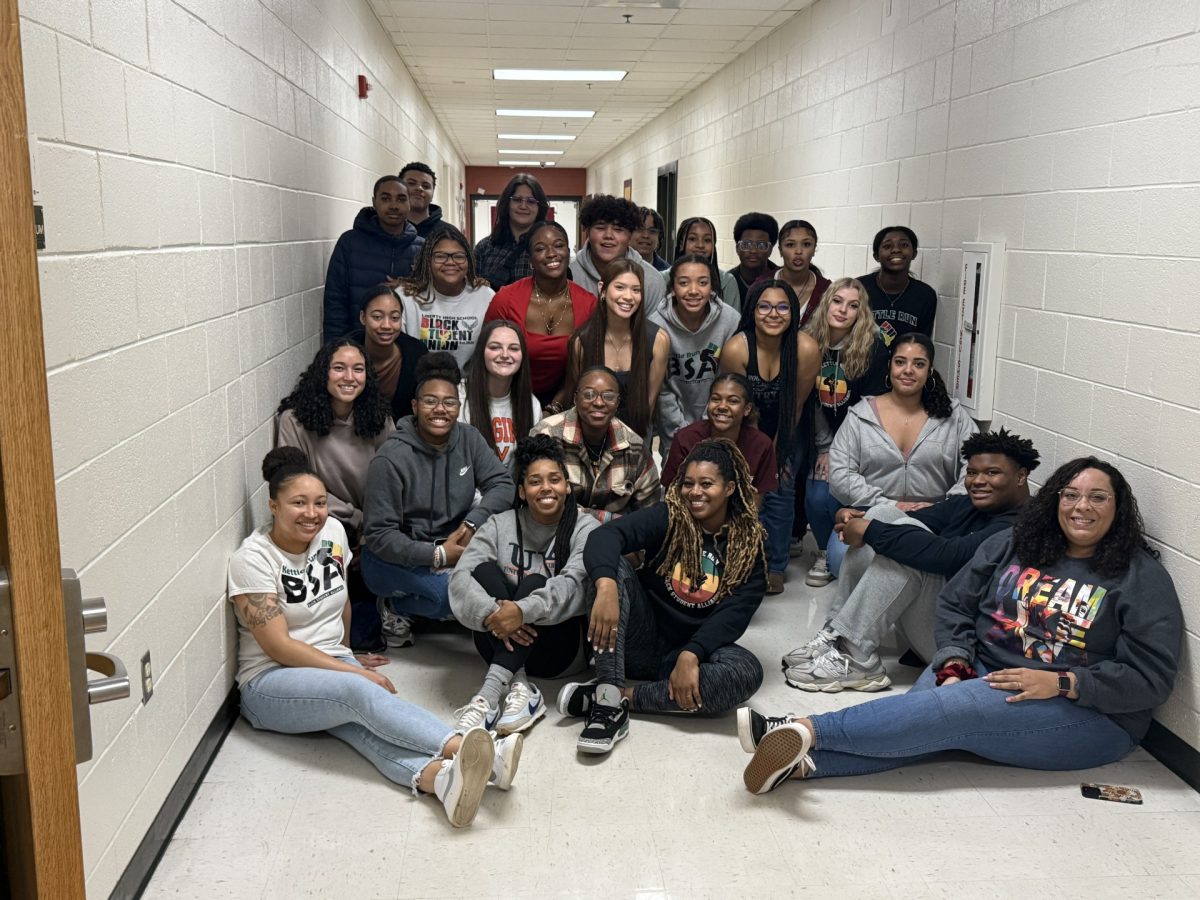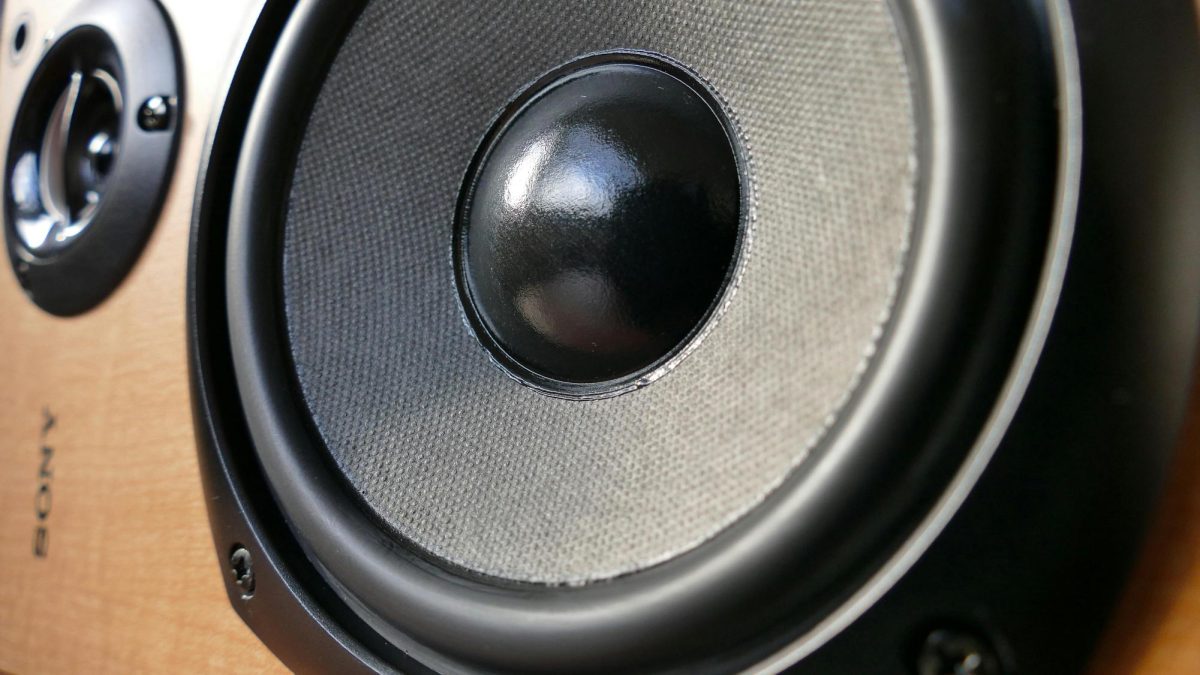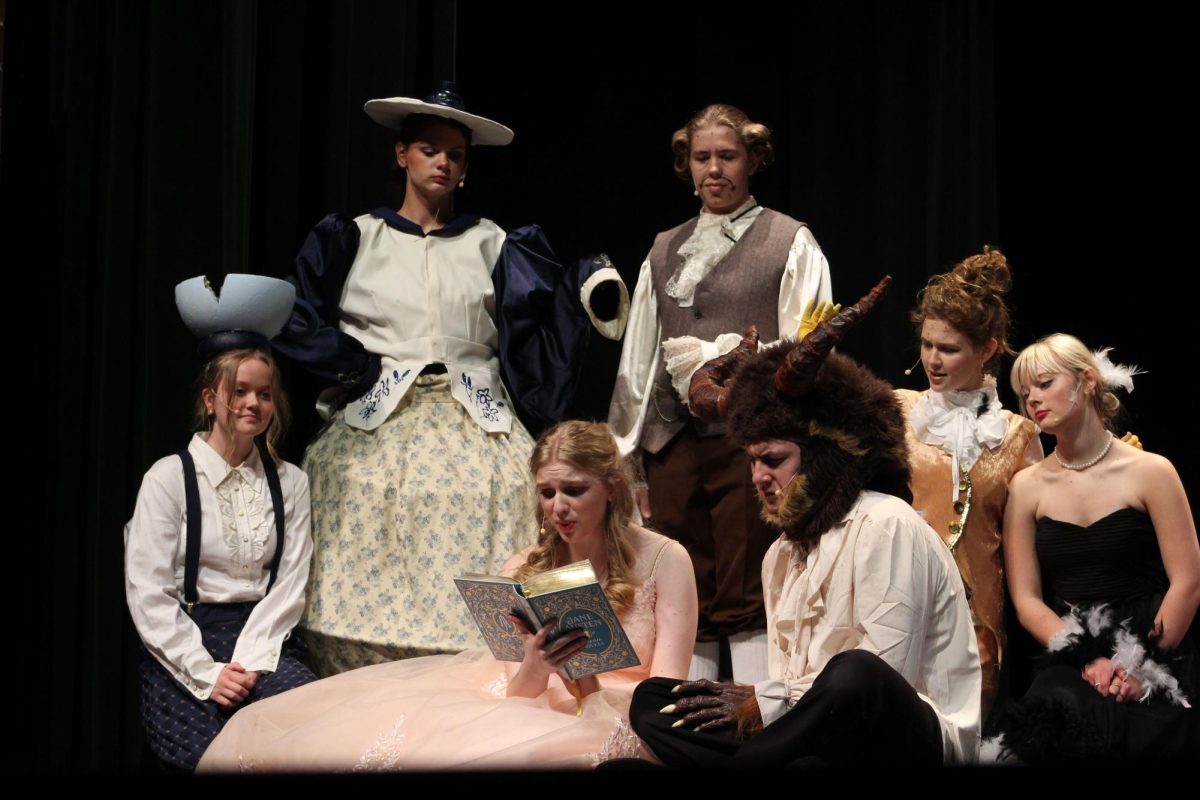Should the County Pay for AP Tests?
With an average passing rate of 43%, questions are raised
If you’ve ever taken an AP test, you’ve most likely seen other students staring off into space or catching some Z’s. What you may not know is that this comes at a hefty price.
Fauquier County pays for all students’ AP exams even though not everyone actually participates. Superintendent David Jeck thinks that the county paying up is better than making students come up with the funds to pay for the tests themselves. Jeck said the primary reason to pay for students’ AP tests is “to encourage students to take the corresponding AP test.”
“Plus, they are quite expensive,” Jeck said.
Associate Superintendent for Instruction Major Warner said the county paid $167,000 for AP tests in the 2016-2017 school year alone.
“The county began paying for AP tests for students in the 2003-2004 school year,” Warner said. “The ability to provide financial support for all students creates access for all students, creating the type of educational equity we are seeking.”
Some schools have a larger number of AP students than others, creating a divide in the pool of money designated for AP exams.
“Kettle Run administers around $72,000 worth of tests,” Director of Counseling Sue Harmon said. “We are one of the larger testing schools.”
Each AP test costs $85 so it’s true that it may be tough for some students to come up with the funds to pay for a test or two. Similar to the free or reduced lunch program, the county could provide the funds for students who may not be able to pay. While Harmon believes all students should get the same opportunities in their educations, she thinks that the money spent on AP tests could just as well go to something equally as beneficial to the students in the county.
“I also feel that if it were optional for a student to take the exam, the county should still pay,” Harmon said. “That way we could focus on testing the students who want to take the test and not force a student to sit for another exam just to earn a weighted credit.”
The county spends a big chunk of change for tests that many AP students sleep through or doodle on.
“I’ve never observed an AP testing session in Fauquier so I don’t know if students sleep through them or not,” Jeck said. “I think any actions designed to help students is worthwhile, even if some don’t appreciate the support.”
However, many AP students have observed other students sleeping or not paying attention during an AP test. A senior student, who wished to remain anonymous, said she’s “seen multiple people simply fill in their name and take a nap” in all of her AP sessions and wishes the county would “allow those students to choose which AP tests they plan on taking rather than require them to take every AP test for each AP class they took.
Another possible solution to the pricey tests is a refund program. If a student earns a passing score on an AP exam, then the county could refund them for the test. This would encourage students to try harder on their exams and provide funding for those who may not be able to afford the test.
If a student is absent for his or her AP exam there is a $45 fee if the student wishes to reschedule the test. The county doesn’t pay for this fee, so why do they pay for the exams in the first place? According to Warner, 75 percent of the proceeds from dual enrollment goes towards “the general instructional line that supports classroom instruction, materials, and teacher salaries.” With an average passing rate at less than 46 percent, it is clear that students are not taking these tests seriously. If this is the case, why does the county continue to spend more than $150,000 on tests? It’s time to question how money is being spent.























